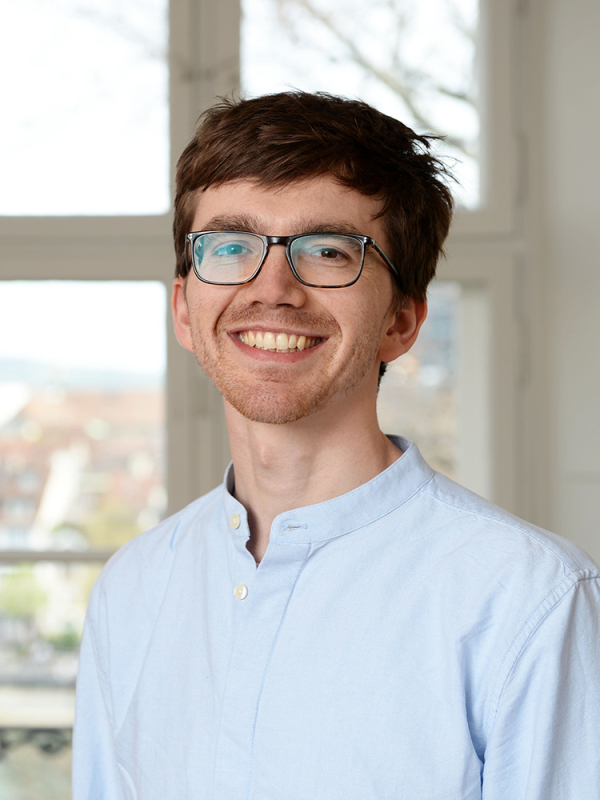An (un)- intended contribution to peace or conflict? On the relationship between humanitarian access negotiations and conflict resolution in intra-state conflicts
Project Description:
In an age where “armed conflict is not ordered [but] resembles a complex mesh” (Pospisil 2022, 136) humanitarian actors are required to negotiate access to affected populations with a wide range of actors - from state military and bureaucrats, over different Non-State Armed Groups to customary authorities at the sub-national level. In a lot of instances, access is not obtained by status as neutral actor as per International Humanitarian Law or by national level ceasefire agreements, but instead by acceptance of the respective armed groups and communities within a specific locality (Breslawski 2022). Obtaining acceptance consequently requires an intimate knowledge of the specific conflict dynamics and place specific actor networks and it is argued that “[u]nderstanding how access is obtained […] makes the operation political. It influences the conflict, shifts alliances and power structures (Kool et. al. 2021, 1502).
In the context of the ongoing conflict in South Sudan, humanitarian access continuous to be highly contested with aid regarded as having the potential to determine the course of conflict (Craze 2018, 2). Therefore, representatives of both the respective humanitarian organizations and the different armed factions, controlling specific areas across the country, are in constant negotiation over the conditions of access.
Employing a triadic interaction model and looking at the sources of interests and leverage of parties in such bargaining processes, I argue in this PhD project that negotiations for humanitarian access to specific communities impact place-specific conflict dynamics. Depending on how such negotiations are set up and who gets to negotiate, they may either support or undermine local conflict resolution efforts, i.e., by providing actors with legitimacy, creating/destroying trust or overcoming/creating barriers to inter-communal cooperation and exchange.
In order to examine under which conditions humanitarian access negotiations may either undermine or strengthen local conflict resolution efforts, this PhD project employs a mixed methods approach, including in-depth, qualitative case studies as well as qualitative comparative analysis. Process-tracing and semi-structured interviews are conducted as part of extensive field work in South Sudan, focusing on Jonglei and the Greater Pibor Administrative area. The region is a case for long-standing presence of humanitarian actors which are negotiating for access and interacting with different parties of the armed conflict on a continuous basis. They do so on a variety of levels, ranging from national actors to communal representatives with varied success and impact.
Supervisor: Prof. Dr. Laurent Goetschel
Co-Supervisor: Dr. Marjorie Breslawski, Assistant Professor of Political Science at the University of Tel Aviv
Co-Supervisor: Dr. Martina Santschi, Senior Researcher at swisspeace.
Short Bio:
Mario Behrens is a PhD candidate (University Assistant) at the Institute of Political Science at the University of Basel and Associate Researcher with swisspeace.
Prior to joining the University of Basel, Mario worked as Carlo Schmid Fellow with the UN Office for the Coordination of Humanitarian Affairs as well as Programme Analyst for UNDP and IOM in the context of the Humanitarian-Development-Peace Nexus. Specifically, his work included the design and implementation of integrated approaches for Disaster Response and Risk Reduction with assignments in the Islamic Republic of Iran and the Republic of Mauritius.
Mario`s PhD research focusses on the interlinkages between negotiations for humanitarian access and conflict resolution in South Sudan. The project is driven by the objective of not only contributing to an increased scholarly understanding of humanitarian actors’ roles in contemporary intra-state conflicts but also identifying and promoting existing best practices in the sector to strengthen conflict-sensitive approaches across humanitarian negotiation and mediation efforts.

Mario Roman Behrens MA
Assistent / Doktorand
Philosophisch-Historische Fakultät
Departement Gesellschaftswissenschaften
Prof. Goetschel
Assistent / Doktorand
Bernoullistrasse 14/16
4056 Basel
Schweiz
